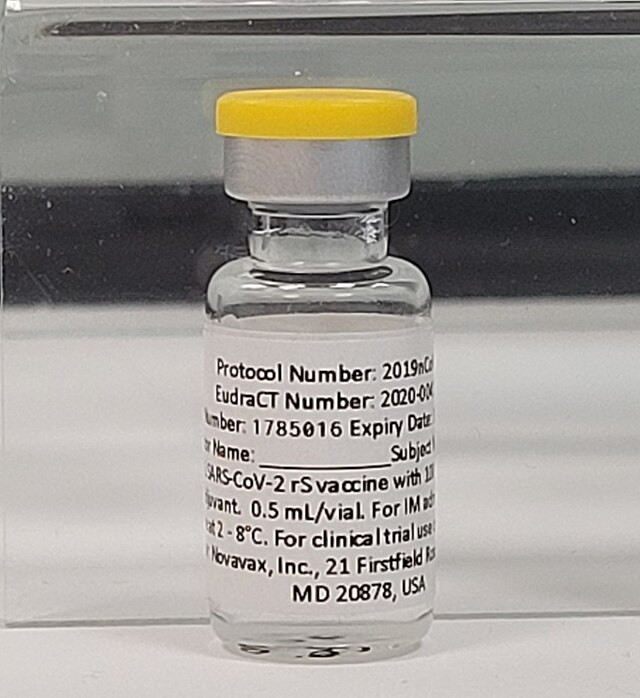The U.S. Food and Drug Administration has granted full approval to Novavax's COVID-19 vaccine, but only for a narrow population: adults aged 65 and older, or those ages 12 to 64 with at least one underlying health condition that puts them at elevated risk for severe illness. The decision marks a departure from expectations that the protein-based vaccine would be broadly approved for use in people 12 and up.
The move, announced late Friday, follows a six-week delay from the agency's initial April 1 target date for action. According to individuals familiar with the matter, the FDA had previously been on track to issue unrestricted licensure before requesting additional data, a shift that surprised company officials and signaled internal agency hesitations.
"Market research and U.S. CDC statistics indicate that older individuals and those with underlying conditions are the populations most likely to seek out COVID-19 vaccination seasonally," said Novavax CEO John C. Jacobs in a statement Saturday. "This significant milestone demonstrates our commitment to these populations and is a significant step towards availability of our protein-based vaccine option."
The Novavax vaccine, the only protein-based COVID-19 shot available in the U.S., had previously been authorized for emergency use in those 12 and older. Unlike Pfizer and Moderna's mRNA vaccines-which remain authorized for use in children as young as 6 months-Novavax's shot uses more traditional vaccine technology that appeals to individuals skeptical of newer platforms.
The FDA did not publicly explain the reasoning behind the restricted approval. However, the decision aligns with growing skepticism within the Trump administration, including Health Secretary Robert F. Kennedy Jr., a longtime vaccine critic who has voiced doubts about COVID vaccine safety and efficacy.
As part of the approval, the FDA has mandated a series of postmarketing studies. Novavax must examine the vaccine's potential association with myocarditis and pericarditis-rare heart inflammation conditions-as well as assess benefits in 50- to 64-year-olds without preexisting health risks. These safety concerns were flagged during clinical trials and referenced in CDC guidance.
The Centers for Disease Control and Prevention lists asthma, diabetes, lung disease, obesity, pregnancy, and age as among the conditions that increase COVID-19 risk. An upcoming CDC advisory panel meeting is expected to debate whether annual COVID shots should continue to be recommended for the general population or refocused on high-risk groups.
The approval process comes amid broader political and scientific crosscurrents. Novavax's clinical trials showed the vaccine was safe and effective in more than 30,000 participants. Yet the company now faces the challenge of promoting its shot amid narrowing recommendations, increased regulatory demands, and mounting anti-vaccine sentiment from high-ranking officials.





